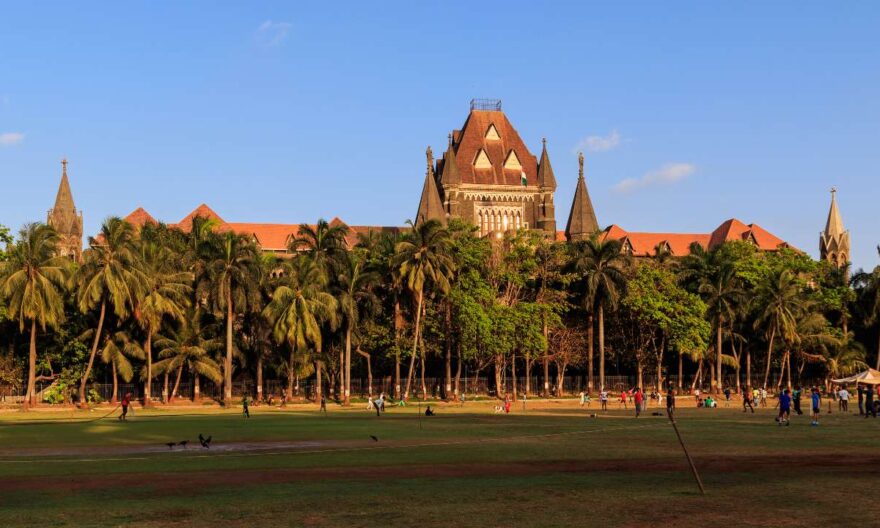
The Bombay High Court, in recent proceedings, has granted bail to a 45-year-old Nigerian woman who had been held in custody for a span of nearly 5 years concerning a drug-related allegation.
The court’s ruling was underscored by its observation that the Mumbai police officers of Amboli police station had failed to adhere to the requisite procedure for the collection of a cocaine sample for testing.
The prosecution’s case hinges on the events of February 9, 2019, when the police inspector Daya Nayak, known for his involvement in encounters, received intelligence regarding the sale of cocaine in a particular locale within the western suburb of Mumbai.
Subsequently, a surveillance operation was orchestrated, leading to the arrival of a Nigerian individual named Karla Iris at the designated location around 9:50 PM. 225 grams of cocaine was found within her purse and subsequently confiscated in the presence of panchas or independent witnesses.
A sample was drawn from the same seized material for testing, according to the prosecution.
Advocates Khushal Parmar and Arohi Majrekar, who were representing Iris, contended that the samples had not been procured in the presence of a Magistrate, nor had they received certification from a Magistrate, thereby violating the stipulations outlined in Section 52A of the Narcotic Drugs and Psychotropic Substances Act.
There is no provision under the NDPS Act that mandates taking of a sample at the time of seizure on the spot itself.
Justice Anuja Prabhudessai agreed and stated, “Non-compliance of the mandate under Section 52A prima facie makes the recovery suspicious. The applicant is a lady. She has been in custody for almost five years. It is stated that the charge is not yet framed. In such circumstances, it is evident that there is no possibility of the trial concluding within a reasonable period.”
Also, Justice Prabhudessai looked through various judgements of the apex Court that said, “prolonged incarceration, generally militates against the most precious fundamental right guaranteed under Article 21 of the Constitution and in such a situation, the conditional liberty must override the statutory embargo created under NDPS Act.”
Under the provisions of Section 37 of the NDPS Act, the court is empowered to grant bail to an accused individual solely when it is sufficiently convinced that reasonable grounds exist to believe in the individual’s innocence of the alleged offense and that there is minimal likelihood of the accused engaging in further criminal activities following release from custody.




